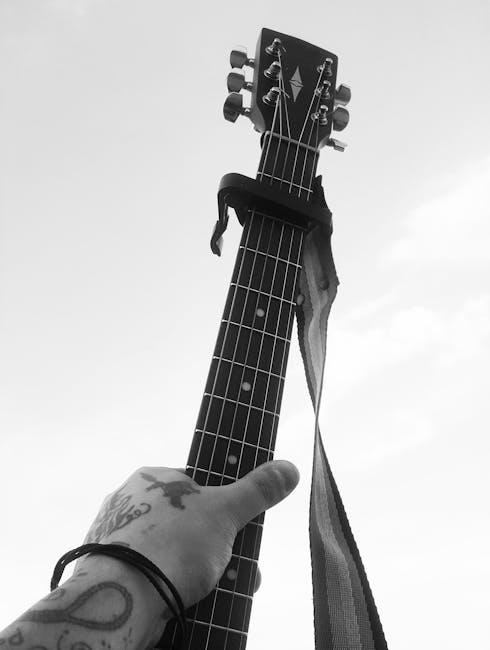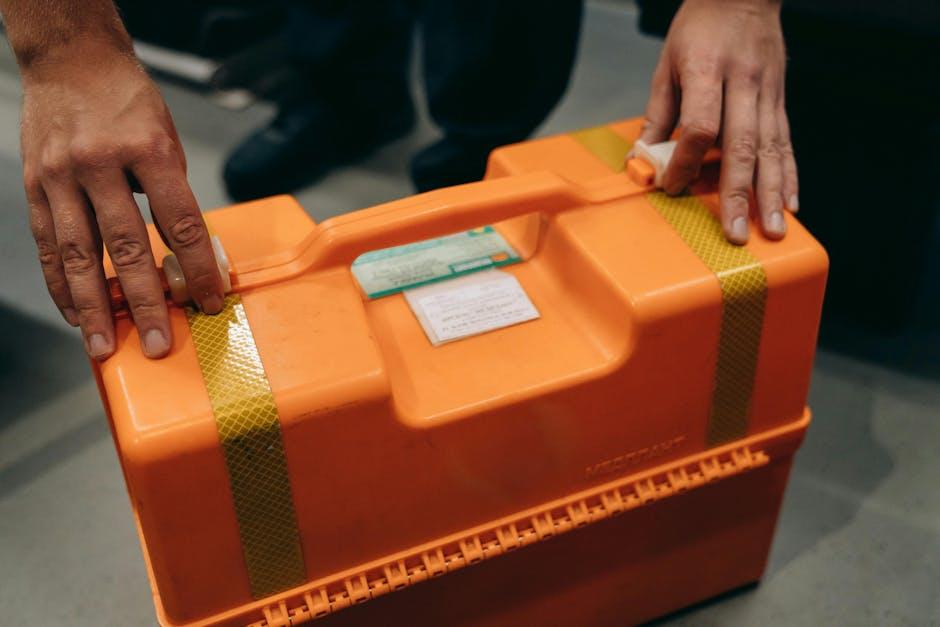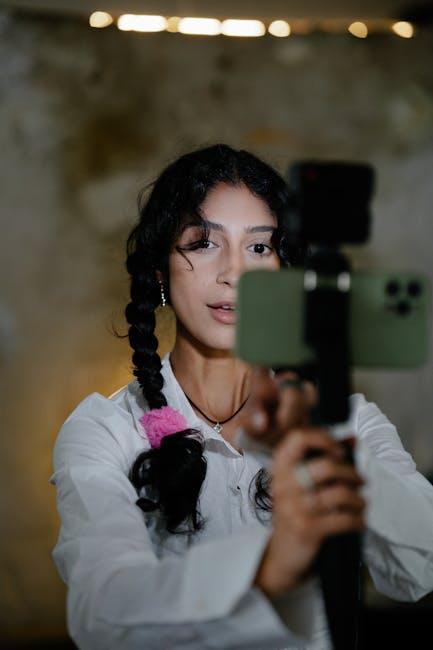Hey there, music lovers and YouTube creators! If you’ve ever found yourself jamming out to a catchy tune while dreaming up your next viral video, you might also have felt a little shiver of uncertainty about copyright. Trust me, you’re not alone! Navigating the ins and outs of music copyright on YouTube can feel like trying to find your way through a maze blindfolded. One wrong turn, and you could find yourself dealing with muted videos or, even worse, copyright strikes. Yikes! But don’t worry; I’ve got your back! In this guide, we’re diving deep into the world of music copyright, breaking it down into bite-sized pieces that won’t leave you feeling overwhelmed. Whether you’re a budding creator or just looking to sprinkle some tunes into your content, by the end of this journey, you’ll be equipped with all the tools and knowledge to confidently check music copyright on YouTube like a pro. Ready? Let’s hit play!
Navigating the Copyright Labyrinth on YouTube
Stepping into the world of YouTube can feel like wandering through a maze, especially when it comes to music copyright. Did you know that using a popular track in your video without permission could lead to your content being muted or, even worse, taken down? That’s why it’s crucial to know what you’re working with before hitting that upload button. Think of music copyrights as rules of the road – you wouldn’t drive without understanding the traffic signs, right? Here’s a quick checklist to help you navigate:
- Check the Music’s License: Always look for Creative Commons or royalty-free music options.
- Use YouTube’s Audio Library: It’s packed with tracks approved for use, so you can save yourself a heap of trouble.
- Get Permission: When in doubt, try reaching out to the artist directly for their consent.
To further simplify your journey, you might want to keep track of popular music licenses with a handy reference chart. This way, you’ll easily recognize what you can and can’t use down the line. Here’s a basic overview of common licenses you might encounter:
| License Type | Permission Granted | Attribution Required |
|---|---|---|
| Creative Commons | Varies by type | Often required |
| Royalty-Free | Use without recurring fees | Not usually required |
| Public Domain | Free to use | No |

Unraveling Fair Use: What You Can and Cant Do
When it comes to navigating the tricky waters of fair use, especially in the realm of music on YouTube, things can get a bit murky. Fair use is like that friendly neighbor who lends you a cup of sugar but also has boundaries. You can incorporate clips or snippets of songs for commentary, criticism, or educational purposes, but make sure you’re not taking more than what’s necessary. Here’s what you can do:
- Use brief clips for reviews or commentary.
- Create parodies or remixes that add originality.
- Include music in a transformative way that changes the original meaning.
On the flip side, there are definite no-nos that could land you in hot water. Think of it like borrowing your friend’s video game but never returning it—it’s just not cool! Here’s what to avoid:
- Uploading entire songs without any commentary or transformative content.
- Using longer clips of music just to promote your brand or channel.
- Exploiting music that’s popular without giving credit or adding something unique.

Tools of the Trade: Resources for Checking Music Copyrights
When it comes to navigating the maze of music copyright, having the right tools can make all the difference. First off, consider using YouTube’s Content ID System. This nifty tool helps identify copyrighted music in your videos, letting you know if you’ll face any issues before you hit that publish button. Also, don’t overlook music libraries like Artlist or Epidemic Sound, which offer track selections that come royalty-free, saving you from copyright headaches down the line. Plus, there are online databases, such as the U.S. Copyright Office, where you can search for registered works. All these resources not only help you stay legally sound but also let you focus on your creativity without those pesky fears of copyright infringement creeping in.
If you’re feeling a bit lost and want to take it a step further, you might want to look into services like TuneCore and CD Baby, which provide distribution options and handle copyright claims for you. Another avenue is checking out ASCAP and BMI, organizations that track and manage music rights. They provide valuable insights into music licensing that are essential for any serious content creator. Here’s a quick reference table to help you make informed choices:
| Resource | Function | Pros |
|---|---|---|
| YouTube Content ID | Identifies copyrighted music | Real-time feedback on copyright status |
| Artlist/Epidemic Sound | Royalty-free music libraries | Extensive track selections |
| U.S. Copyright Office | Search registered works | Legitimate database for rights tracking |
| ASCAP/BMI | Music rights management | Support for licensing music |

Building a Secure Channel: Tips to Avoid Copyright Strikes
When it comes to keeping your content safe from pesky copyright strikes, knowledge is your best friend. Start by doing a little homework before selecting your music. Look for tracks that are labeled as Royalty-Free, Creative Commons, or Public Domain. These categories can save you a lot of headaches because they typically allow for more freedom in how you can use the music. Additionally, always check the license associated with the track. Sometimes, even royalty-free music comes with its own set of rules. It’s like that friend who promises you can borrow their car but insists you return it before midnight or else! Don’t forget to make a list of platforms that offer music you can legally use, because knowing your sources is half the battle.
Another key aspect is to keep your content authentic. Use soundtracks that match your vibe and brand identity. If you’re creating cheerful, upbeat vlogs, stick to those energetic tunes! Mixing genres can create a confusing experience for your viewers, and you might inadvertently wander into copyright issues with those unexpected music choices. Regularly update your playlists and stay informed about the latest copyright guidelines from platforms like YouTube. Plus, consider creating your own original music if you have the knack for it. While it may take time, there’s nothing like having a personal touch that’s completely your own. You might find it’s an engaging way to elevate your channel beyond the ordinary!
Insights and Conclusions
And there you have it! You’ve journeyed through the ins and outs of checking music copyright on YouTube, and now you’re armed with the knowledge to navigate that tricky terrain like a pro. Whether you’re a budding creator hoping to share your art without legal headaches or a seasoned YouTuber wanting to keep your channel in the clear, understanding copyright is key. Think of it as the secret sauce to a successful channel—spicy enough to set you apart, but balanced enough to keep the algorithm happy!
Remember, the world of copyright can feel like a maze, but with the tools we’ve discussed, you’re no longer just wandering around. You’ve got the map, the compass, and maybe even a flashlight to guide you through. So next time you’re about to drop that killer track or perfectly curated soundbite in your video, take a moment to check those rights. It’s like checking the weather before you head out—it’s always better to be prepared!
Thanks for sticking around! If you found this guide helpful, share it with your fellow creators. Music may be universal, but so is the need to respect creators’ rights. Keep making amazing content, and who knows? Perhaps your next big hit will not only reach the stars but also respect the hard work of others along the way. Happy creating! 🎵

